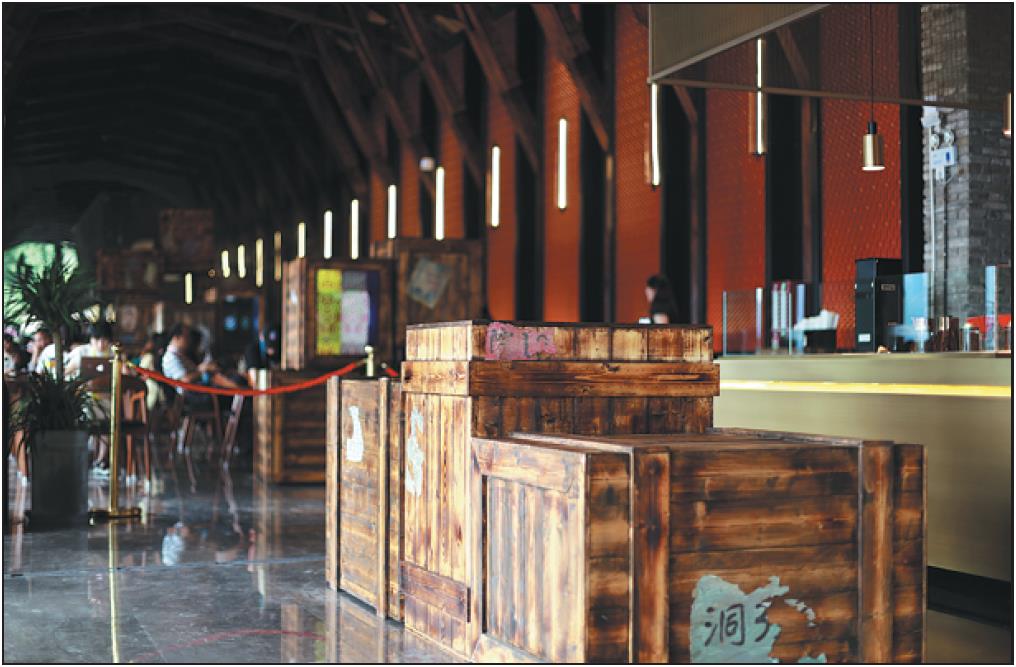

Such hybrid work made the memorial hall more interesting to visitors.
"The relics that were once relocated to the south also needed to 'go' beyond the courtyard of the Forbidden City," Xing says.
"The memorial hall in Chongqing can also be a venue to promote the awareness of protecting cultural heritage among the public."
Consequently, a so-called Forbidden City classroom was set up in the memorial hall to host relevant education programs on cultural relics from the palace. Digitized exhibitions of more relics will be held at the hall in the near future.
A bookstore, cafe and post office in the Palace Museum theme have opened to connect history to people's daily life.
"To keep the dignity of our cultural heritage, the best way is not to enclose it or store it in an attic," says Shan Jixiang, director of Chinese Society of Cultural Relics. "We'd better usher it into people's real life, and make them a way to contribute to the dynamic development of our society."
The second Saturday of June is set as national Cultural and Natural Heritage Day. Chongqing was this year's main venue hosting events, including symposiums, lectures and special exhibitions.